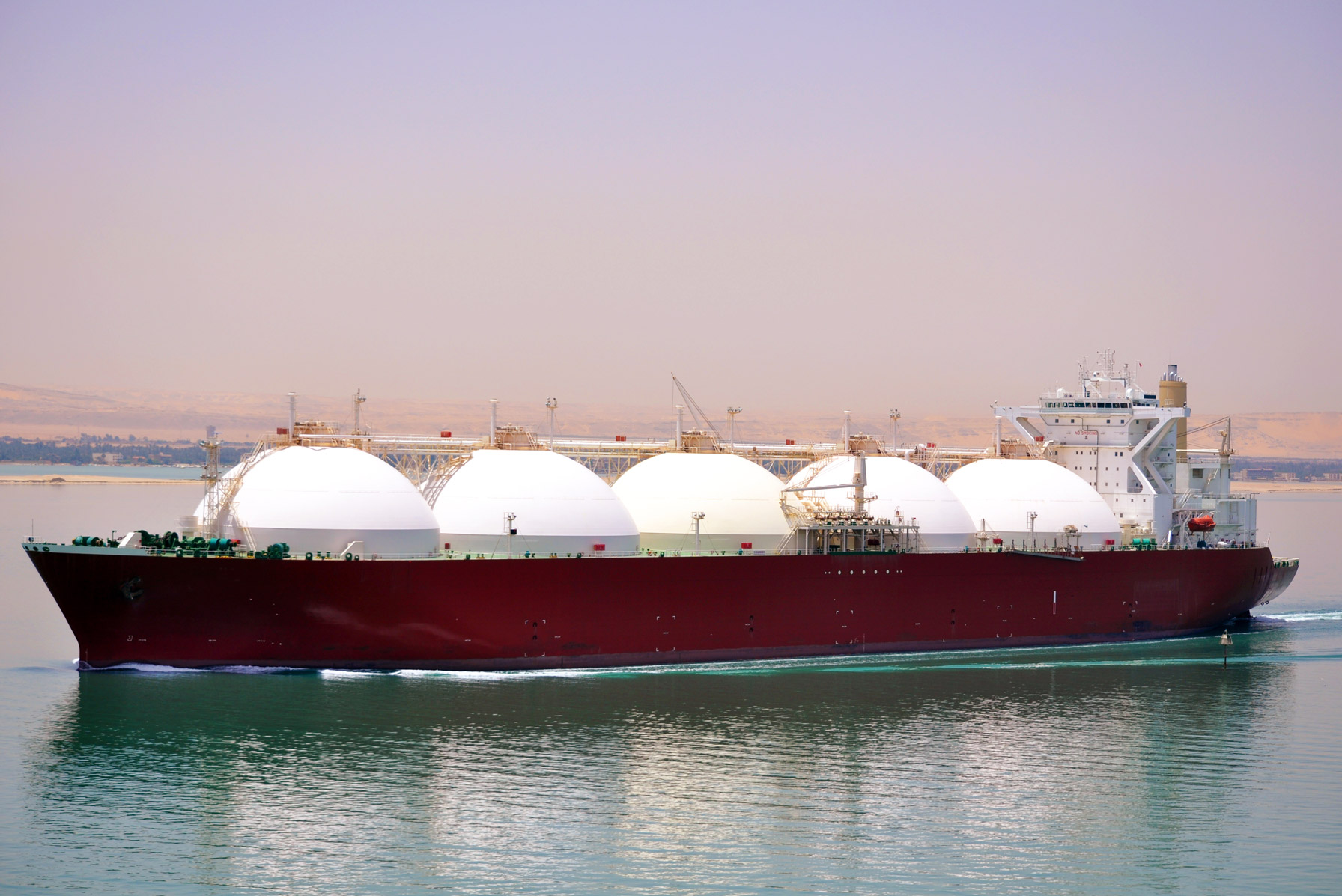The Biden Administration’s pause on LNG exports will place our allies at the mercy of authoritarian regimes and won’t advance the fight against climate change
The U.S. Department of Energy (DOE) has paused approvals of liquified natural gas (LNG) export facilities, injecting insecurity into global energy markets and jeopardizing the goals of the landmark COP28 climate agreement signed in December. That agreement recognized that natural gas is essential to the worldwide energy transition by providing a cleaner fuel source than coal while providing critical energy security.
Unfortunately, this decision is not based on science and will have unintended impacts on the climate. It will also cut off our allies as they seek secure, less carbon-intensive energy sources to keep their lights on. The Washington Post Editorial Board sees this decision for what it is, "It's an election-year sop to climate activists that will do much more to unsettle vital US alliances than to save the planet."
Pausing LNG exports will resurface global energy insecurity
The rise of global instability in recent years has shown that the world lacks sufficient access to reliable, affordable, and cleaner sources that can adequately replace coal power generation, the largest source of power-related greenhouse gas (GHG) emissions. If we restrict our gas exports, we'll leave our allies vulnerable to dirtier forms of energy, such as coal, and to many of the worst actors on the world stage.
Two-thirds of the world's economically recoverable gas is in just four countries: Russia, Iran, Qatar, and the U.S. When Russia weaponized its reserves after invading Ukraine – beginning with cutting off its gas supply to Europe – the U.S. quickly stepped forward and supplied LNG to replace methane-intensive Russian gas. This support to our allies accounted for 40% of EU LNG imports in 2022. The New York Times reported that European allies are worried that this decision can undermine their progress to wean themselves off Russian gas.
The Biden Administration's pause on LNG exports has the potential to resurface the kind of global energy instability we saw following the war in Ukraine. If we restrict our gas exports, our allies will be at the mercy of authoritarian regimes like Putin's.
Increasing LNG exports helps keep energy prices low at home and abroad
PAGE and its members share the DOE's goal of ensuring affordable and stable energy prices for Americans. However, the pause of LNG exports could devastate the buildout of much-needed infrastructure to ensure Americans have reliable access to energy.
The conjecture that LNG exports drive up US energy prices is also inaccurate. According to the Center for Strategic and International Affairs (CSIS), increased U.S. LNG exports have not affected energy prices at home over the past five years.
LNG can help phase out foreign coal and achieve our climate goals
U.S. LNG also helped stabilize gas and electricity prices for customers in Europe. A pause or restriction of U.S. LNG capabilities risks destabilizing gas markets in Europe and beyond, undoing years of responsible energy policy.
Halting LNG exports will likely result in a continued increase in foreign coal. In 2021, coal accounted for 44% of emissions from fuel combustion while only comprising 27% of the total energy supply. By comparison, gas' share (22%) was lower than its supply (24%).
The International Energy Agency (IEA) also reports that coal production is responsible for more methane than gas. Chinese coal production alone emits 15% of the world's energy-sector methane. This dwarfs LNG liquefaction and shipping methane emissions, which comprise just 0.3%. Meanwhile, Germany and other EU members have activated once-dormant coal plants to ensure their economies have enough energy to support their citizens during peak demand this winter.
The pause of LNG exports will only exacerbate this trend and likely make achieving the targets set out in the Paris Climate Agreement unfeasible.
The Bottom Line
Energy security, cost, and climate action are all critical factors for achieving a sustainable global energy transition. Meeting a strict regulatory process and being produced and transported by responsible companies, U.S. natural gas is the only pragmatic solution to stabilize the energy landscape.
The Partnership to Address Global Emissions (PAGE) strongly opposes the Biden Administration's unfortunate decision and vows to continue fighting for responsible energy policies that protect national security and advance climate solutions.

